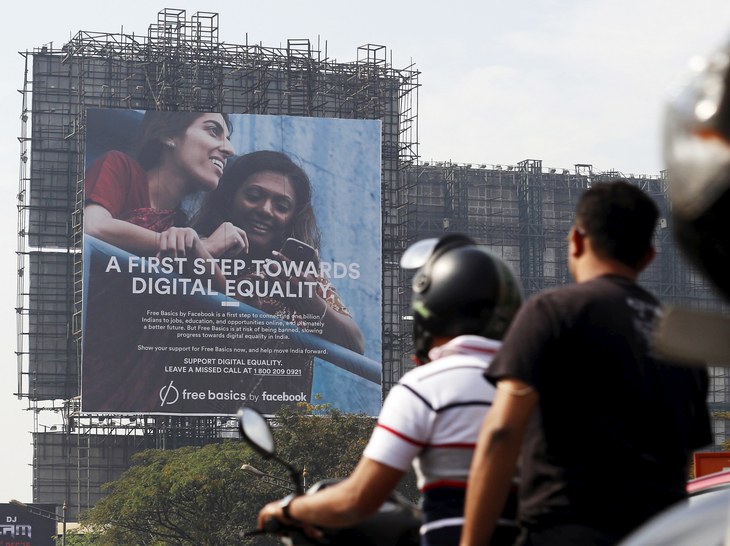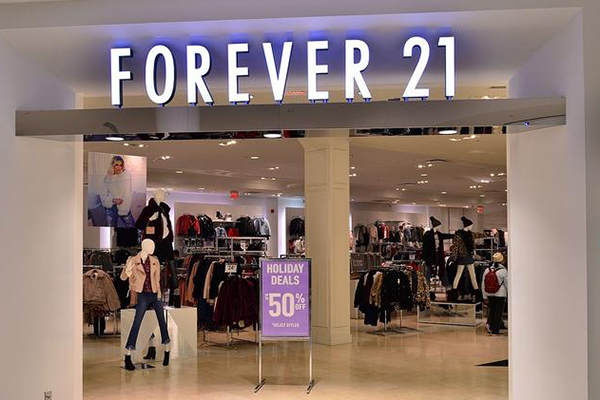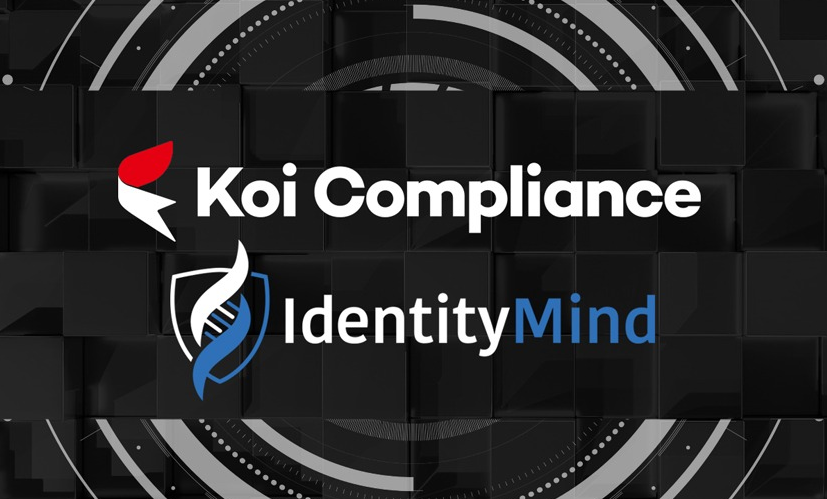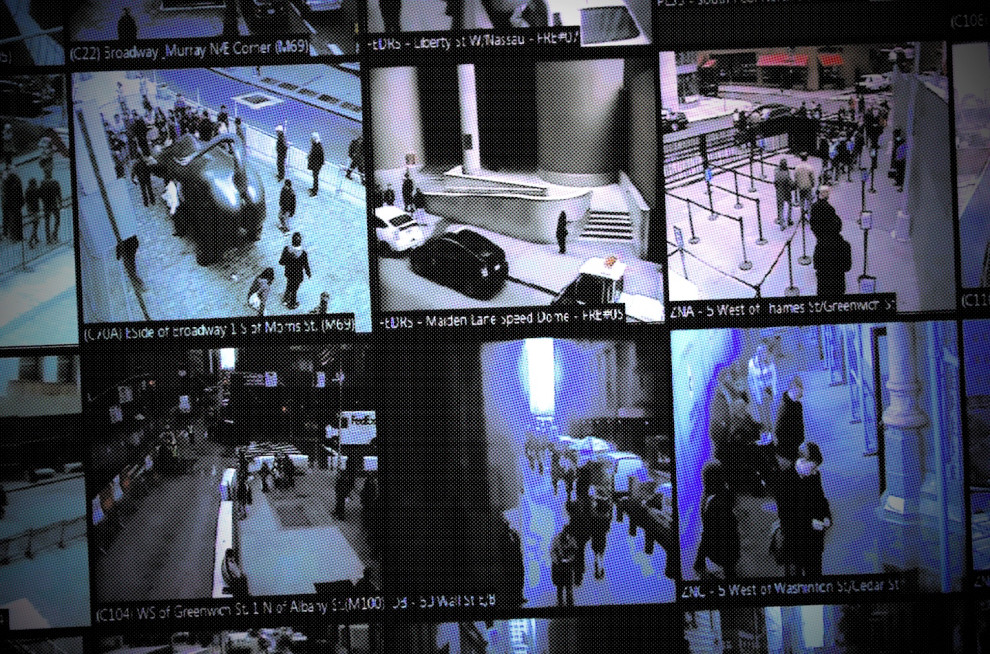
Facebook’s “Free” Internet Will Harm Low-Income Consumers
By Rachita Taneja and Mark Tseng Putterman for Wired
FACEBOOK IS WORKING to bring its controversial Free Basics program, which promises to get more low-income users onto the internet by providing free access to a curated and limited set of online resources, to the US. In October, the Washington Post reported that Facebook has been courting White House favor for CEO Mark Zuckerberg’s pet project in hopes of avoiding the public furor that led regulators in India and Egypt to ban the platform over concerns it violated principles of an open, equal internet.
Facebook claims Free Basics is the solution to getting internet access to more of the estimated 4.2 billion people worldwide who are still offline. At the same time, many American mobile service providers are already touting their own “zero-rating” programs, which allow customers to access selected content without it counting towards data caps. This is meant as a salve for disparities in broadband access, especially as more and more Americans rely solely on mobile broadband for internet access. But here’s the thing: It’s a farce. As Indian and American activists fighting for both internet access and internet freedom, we know that letting corporations dictate our choices online will not build the digital future we’re fighting for.
Far from philanthropy, Free Basics and other zero-rating programs are ways for corporations to set themselves up as internet gatekeepers for the rapidly growing population of internet users. Rather than granting equal access to the vastness of the world wide web, Free Basics corrals users in a restricted platform consisting of a small set of websites and apps chosen by Facebook and its corporate partners. Indian activists put it succinctly when they called the platform “poor internet for poor people.”
Facebook aggressively countered that messaging with a paternalistic ad campaign that argued that CEO Mark Zuckerberg, not Indian net neutrality activists, had India’s best interests in mind. Still, more than 375,000 concerned Indian citizens opposed the platform and argued that net neutrality principles, which dictate that all content online should be treated equally, aren’t just a first-world privilege.
Their argument resonated all the way from Bangalore’s tech industry to activists in the Indian-American diaspora, catalyzing a transnational campaign that successfully moved Indian regulators to ban not just Free Basics, but all zero-rating and differential pricing programs that charge differently for data services based on content, in a landmark ruling this February.
As news breaks that Facebook is turning its “philanthropic” eye towards the US, we must rally against the notion that expanding internet access necessitates restricting users’ choices and experiences online. We would do well to embrace a new take on an old economics trope: there’s no such thing as free internet.
US net neutrality advocates have already set sights on problematic zero-rating programs that allow providers to pick winners and losers online while limiting the choices of low-income customers. And even Comcast vice president Jason Livingood has admitted that the company’s data caps and overage fees are a “business policy” rather than a technological necessity. Researchers have also found that data caps do little, if anything, to manage network congestion. Such revelations debunk the claim that “free data” is some expression of corporate benevolence. Rather than helping close the digital divide, as some ISP surrogates argue, data caps and zero-rating programs create artificial scarcity that disproportionately harms low-income consumers.
The defense of an open internet is also intimately tied to work for racial justice. In the US, we know that black, Latino, and immigrant communities are significantly less likely to have high-speed internet access at home than the broader population. Costs are driving more and more households to forgo pricey home broadband service and rely on smartphones alone to get online. For these users, mobile zero-rating programs like Free Basics might seem like a welcome respite from onerous data limits. But in the long term, such programs limit all of our options online, threatening to create the sort of two-tiered internet that Facebook itself fought to oppose when it lobbied the FCC to reclassify broadband as a utility in 2014.
Free Basics and zero-rating programs also pose serious threats to our ability to organize social movements online. From #BlackLivesMatter to the Arab Spring, the open spread of information online has allowed activists to build power in unprecedented ways. Facebook specifically has come under fire for deactivating the profile of Korryn Gaines during her fatal standoff with police, and for censoring a livestream from Dakota Access Pipeline protests at Standing Rock. Making corporations the arbiters of what content is made available to zero-rating subscribers not only has classist, racist implications: It threatens to give Facebook and other companies the power to control the free flow of information and silence social movements.
Internet advocates across the world who rallied behind Indian efforts to “save the internet” must come together again to oppose Free Basics’ entry to the US. Ironically, programs like Free Basics give big companies an edge over startups and independent content, robbing the internet of the very spirit of innovation that allowed Facebook to grow from a dorm room side project to the world’s largest social network. Getting more people online is necessary, crucial work. But we don’t believe poor people deserve poor internet. If Facebook is serious about getting more people online, it needs to do the real work of helping grow the open internet for everyone.
First appeared at Wired





